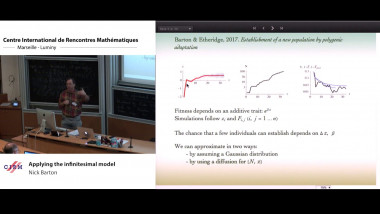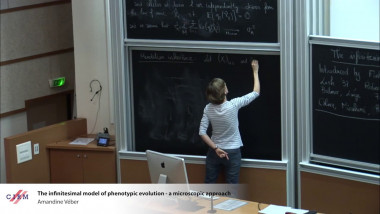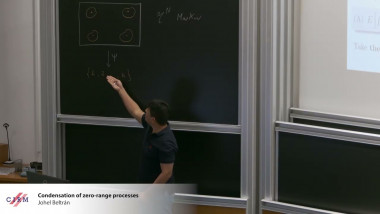Applying the infinitesimal model
The infinitesimal model is based on the assumption that, conditional on the pedigree, the joint distribution of trait values is multivariate normal, then, selecting parents does not alter the variance amongst offspring. We explain how the infinitesimal model extends to include dominance as well as epistasis. Then, the evolution of a population depends on just a few quantities, which define the components of genetic variance and the inbreeding depression. In practice, the main difficulty in applying the infinitesimal model in the presence of dominance is that one must calculate the probabilities of identity by descent amongst up to four genes, which means that very many identity coefficients must be traced. We show how these coefficients can be calculated and approximated, allowing the infinitesimal model to be applied to help understand the evolutionary consequences of inbreeding depression.





















